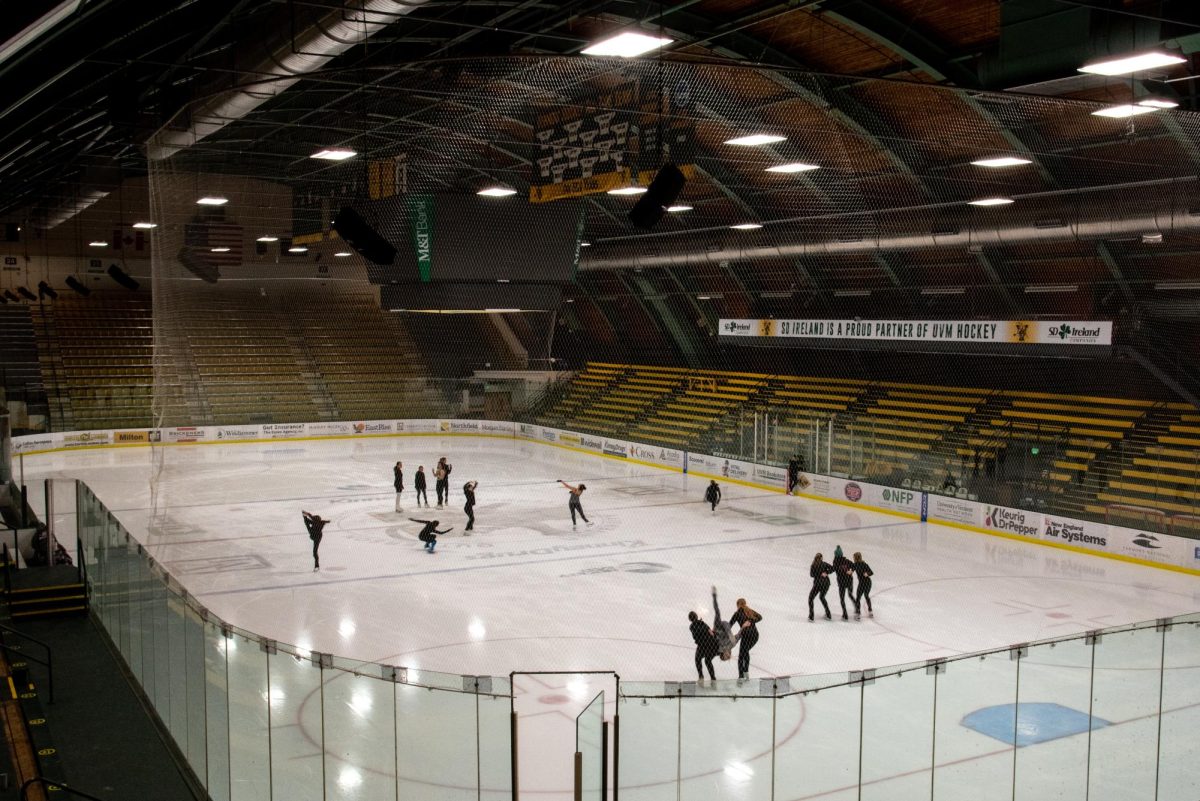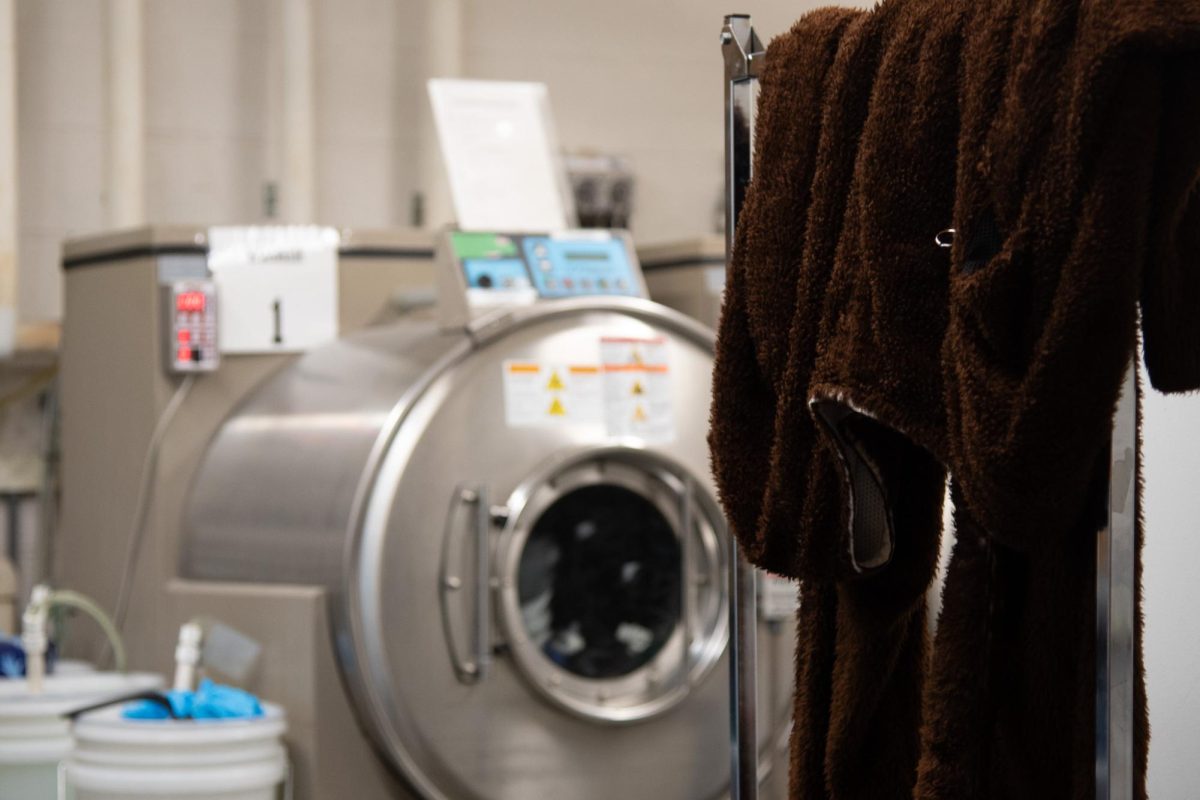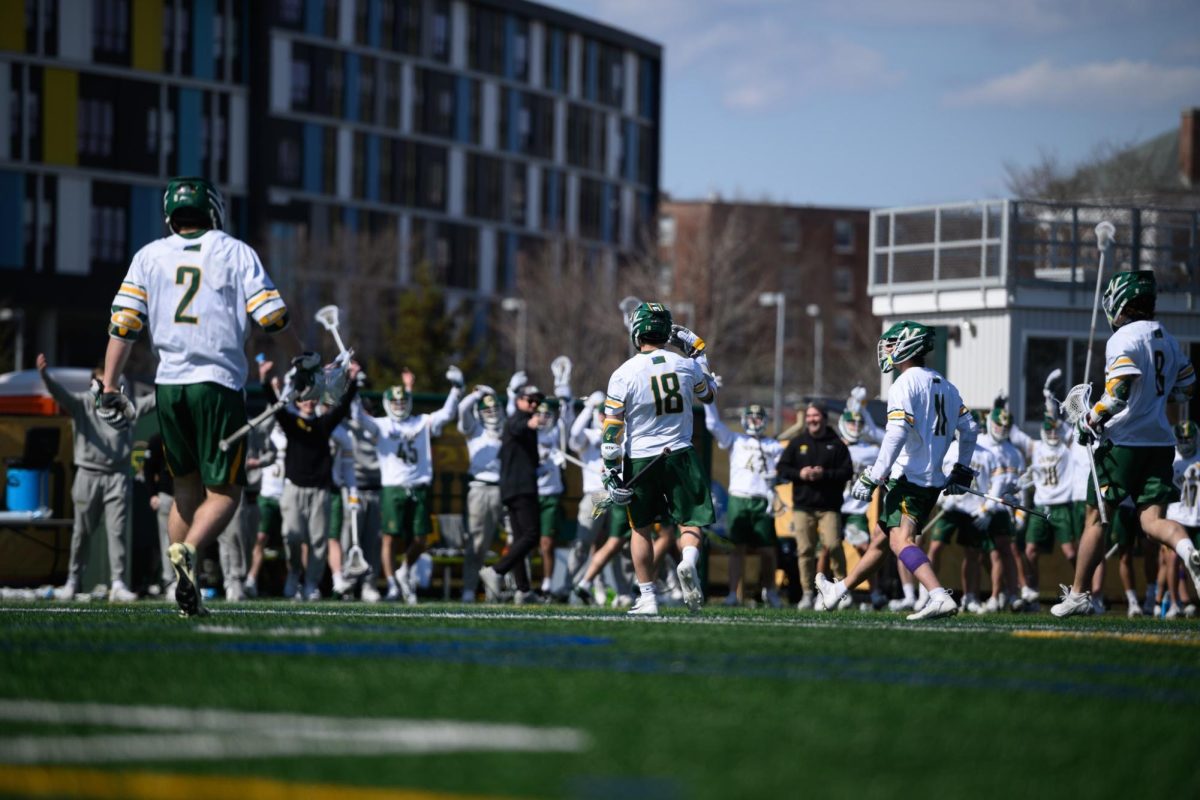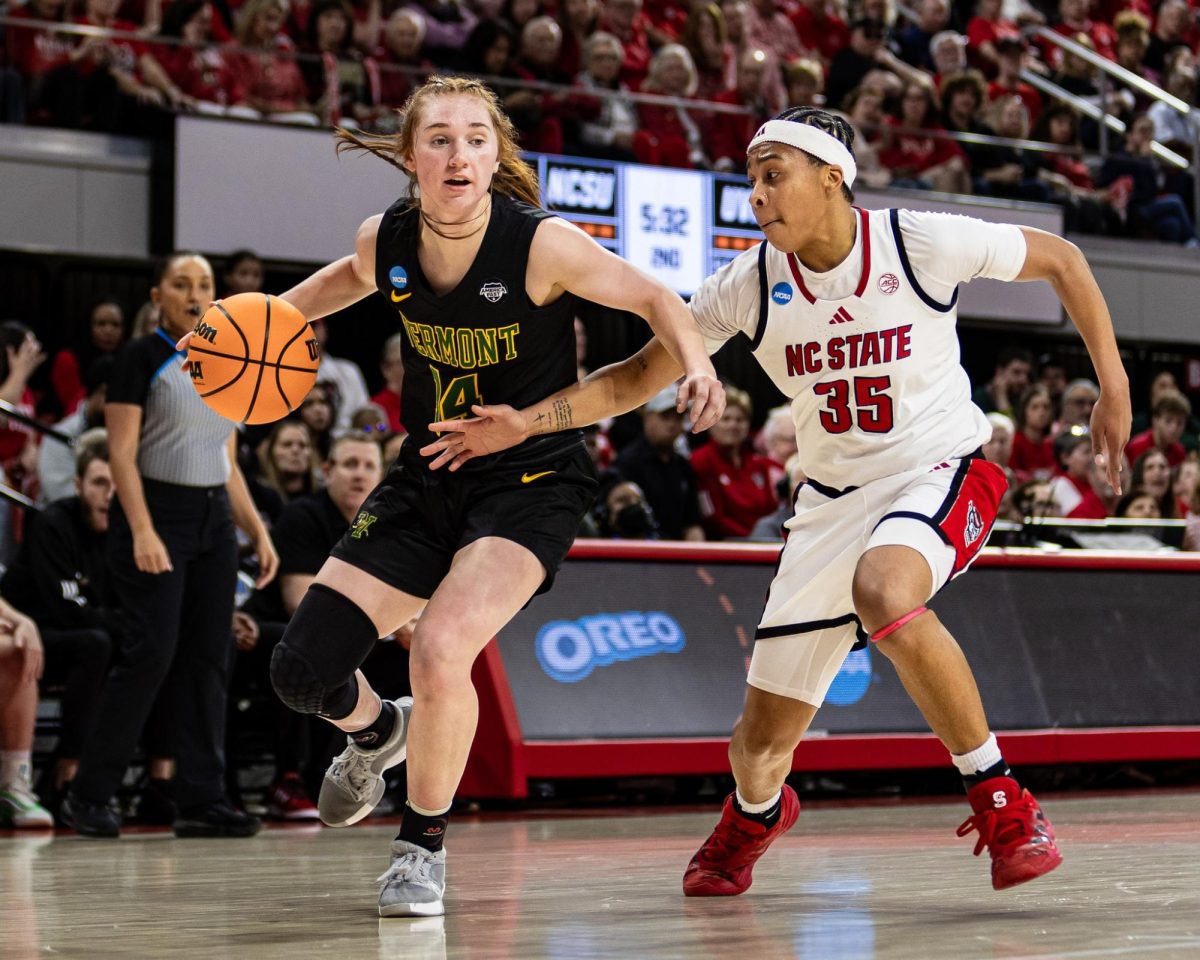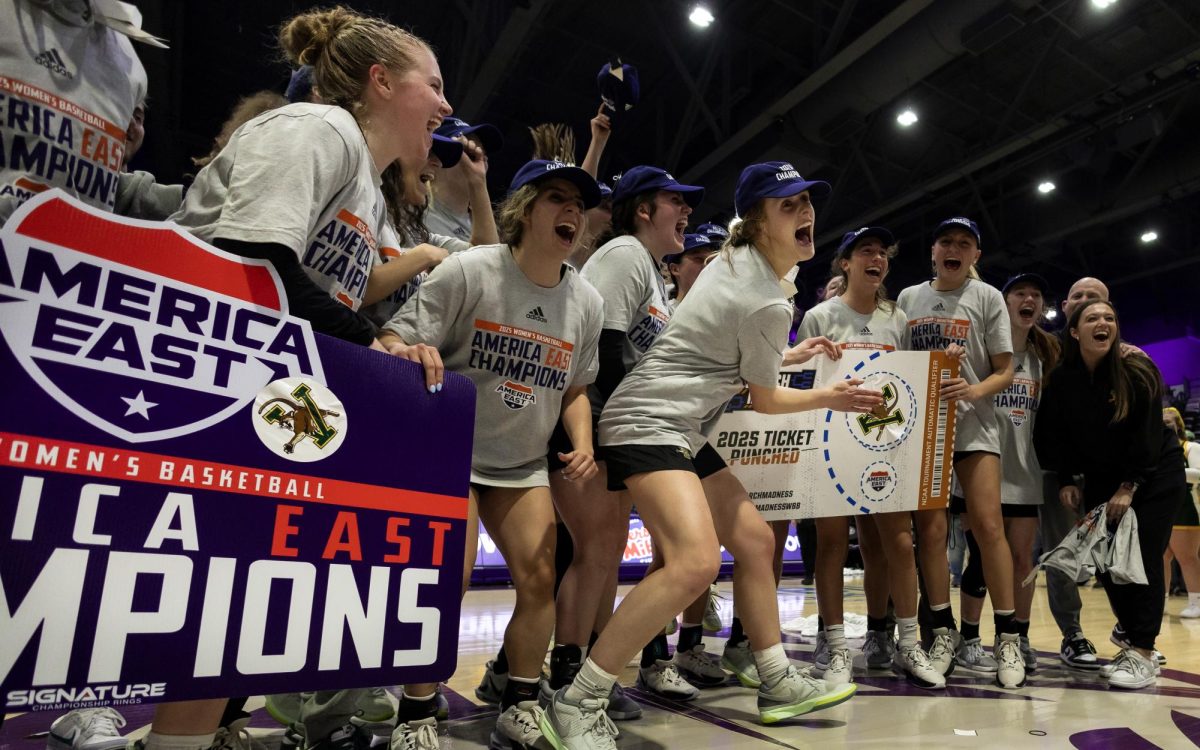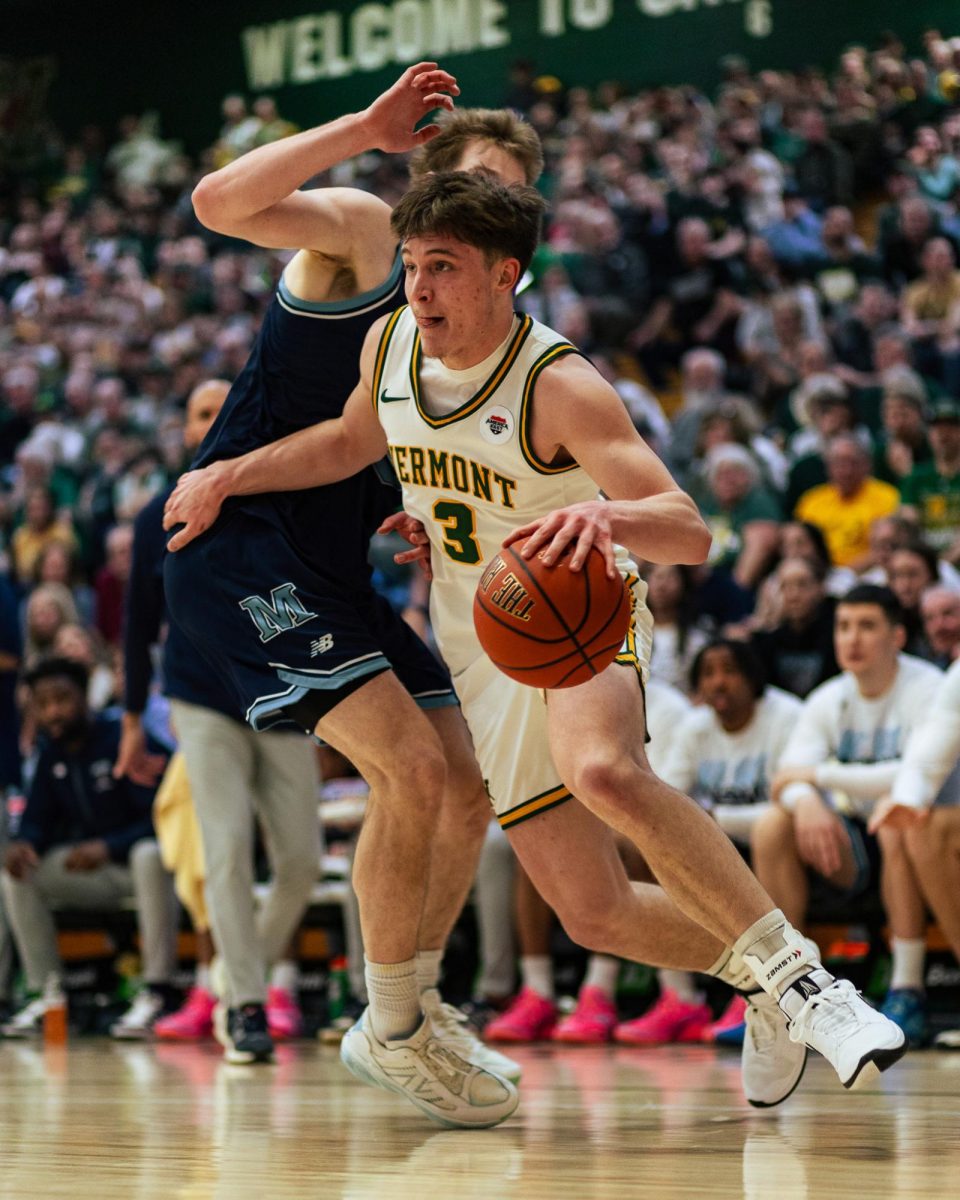Right after a devastating defeat at the Big Meet against Stanford last May, California State University track and field high jumper David Glasgow considered ending his more than a decade-long athletic career.
Glasgow had just recently come off of a pulled hamstring, which left him off the field and kept him from traveling with the team for five weeks. Glasgow, predicted to win second place in the high jump, came in last.
“We all know what our roles are prior to a meet,” Glasgow, now a senior, says. “I wasn’t supposed to let this guy from Stanford beat me-and he did.” He felt he had let down his family, his coach and his teammates. “You walk out with Cal written on your chest, so when you fail, it’s like you failed the university,” he says.
But Glasgow, who has been high-jumping since he was in the third grade, says the most painful part was letting himself down. Although never diagnosed with clinical depression-since he has not sought professional help-Glasgow says his drastic change in attitude last May was sign of it. His poor performance at the time was coupled with a change in his role as the top jumper on the team. A freshman, recruited straight out of high school, joined the high jump squad at the beginning of the year and his record topped Glasgow’s.
“I didn’t know how I was going to deal with this new, fab freshman coming in,” Glasgow says. “There was a little bit of bitterness because I was no longer in the spotlight. I was in the shadow.” Such competitive pressure, coupled with both the stress of academics and of performing on the field, can lead to depression in student-athletes, says Derek Van Rheenen, director of the Athletic Study Center at University of California-Berkeley.
A former student-athlete at the university, Van Rheenen runs academic support services for student-athletes, many of whom personally disclose that they are facing psychological trouble. “I think there is a kind of sport culture that is about playing through pain and not disclosing any weakness at all,” Van Rheenen says.
Glasgow says that this culture can keep a student athlete from coming forward about his or her problem. “I didn’t want to accept the fact that I had a problem,” he says.
On top of the various stress factors that student-athletes endure, drinking and drug use can make the problem worse. Student athletes “might turn to alcohol and drugs to numb themselves from the feelings,” says Dr. Susan Bell, a psychologist and coordinator of outreach and consultation at the Tang Center. Large amounts of alcohol consumption is a problem among many depressed students, particularly for depressed student-athletes. Student-athletes engage in a greater amount of binge drinking and consume significantly larger amounts of alcohol than other students, according to a national survey in the Journal of American College Health. Alcohol itself can be a cause of depression, Bell says. But competition does not lay only on the playing field, however. It is in the classrooms as well. Academic demands and traveling time can often create conflicts, so student-athletes are constantly under pressure to organize their schedules. “It’s fair to say that there are professors on this campus that don’t outwardly support athletics,” Glasgow says. Student-athletes have no idea how a professor is going to react to their needs to reschedule tests or paper due dates, Glasgow says. Along with classes, student-athletes can lose morale if they suffer injuries that take them off the competitive circuit for weeks, months or for life. “I don’t think there is anything worse than being on a team and not being able to represent the university as part of the team,” says Glasgow, who has sustained two major injuries at the university.
An injury takes an athlete away from normal team chemistry and camaraderie, Van Rheenen says. “They feel they can’t contribute,” he says. And an injured player does not help the team business because he doesn’t help the team get money, Glasgow says. “Nobody cares about your feelings,” he says. “We are all fighting for limited spots on the team.”






